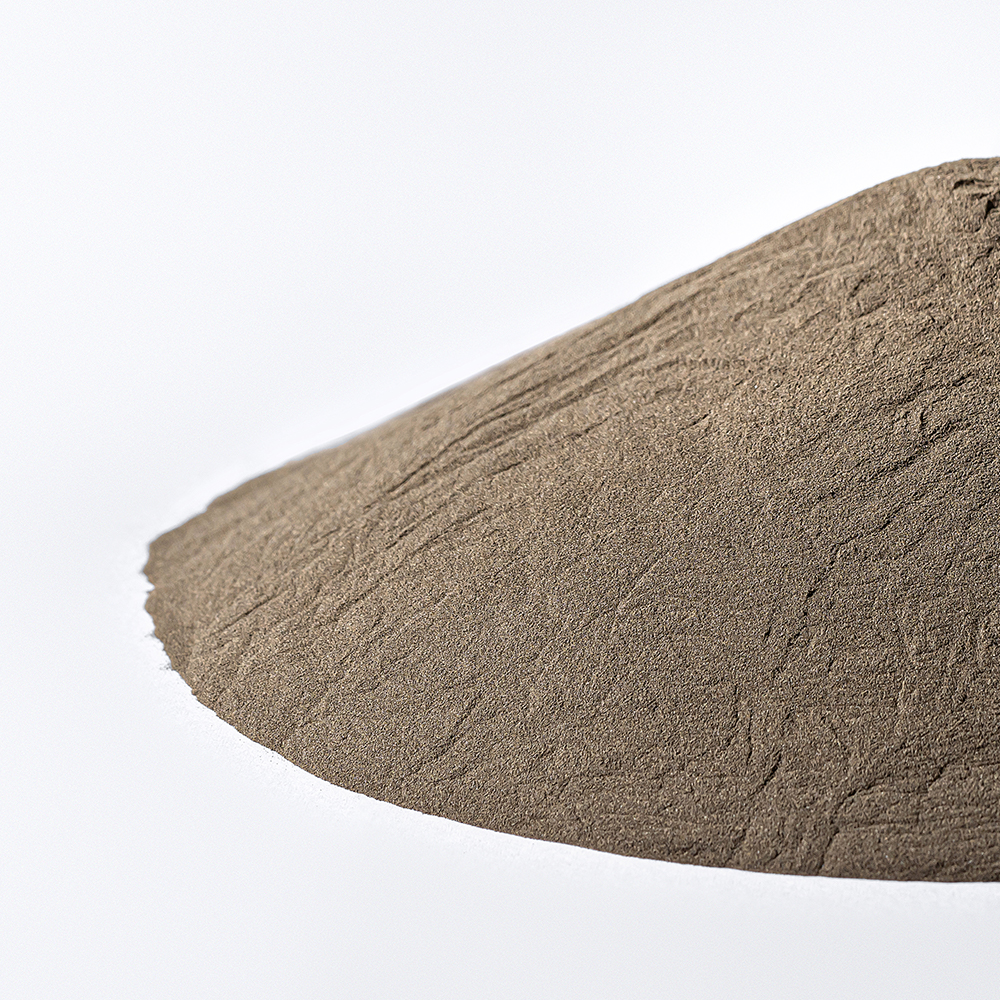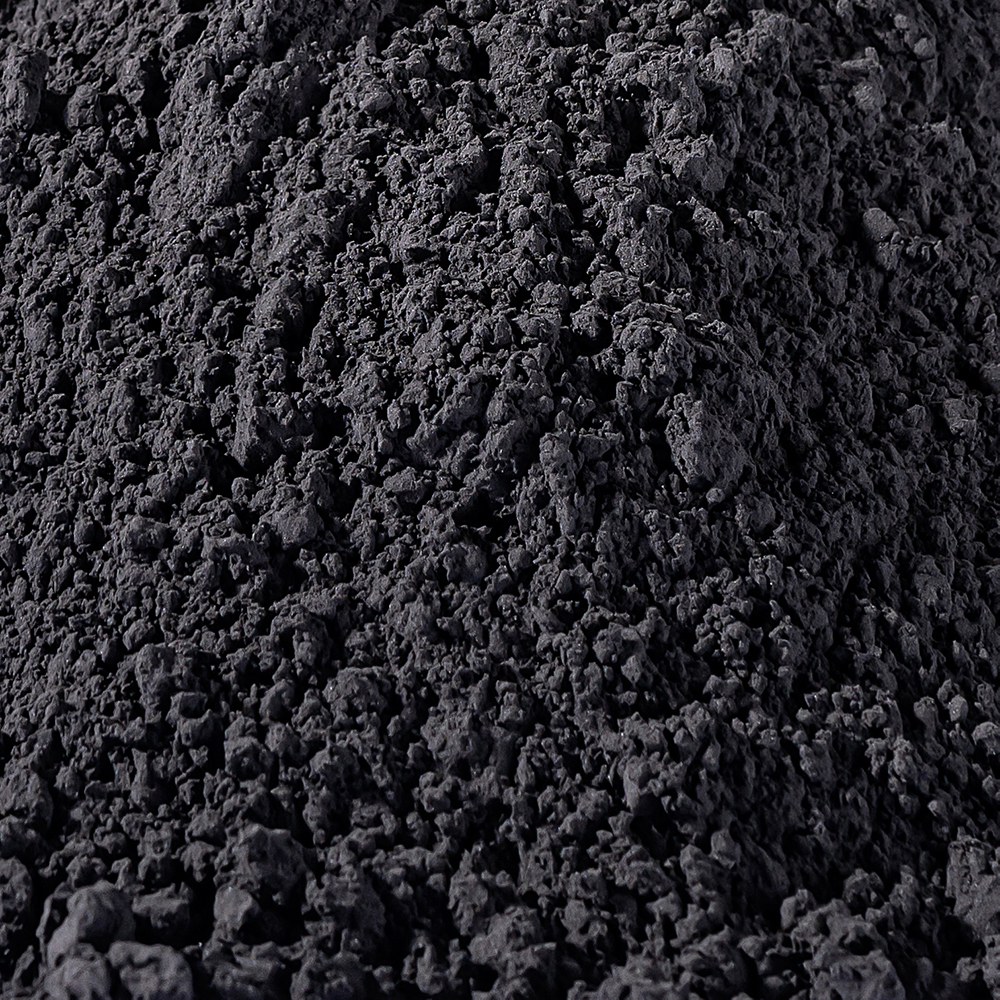
Spherical Powder Processing for Superior 3D Printing Results
As 3D printing technologies evolve, the need for high-quality metal powders that deliver superior printing results has become more critical. Spherical powders are particularly sought after in the Impressão 3D and additive manufacturing industries because of their excellent flowability, uniformity, and enhanced performance. Jinchun, a leading metal powder manufacturer, has developed advanced methods for producing spherical metal powders that ensure optimal results in 3D printing processes. This article explores the importance of spherical powder processing and how Jinchun’s expertise enhances the performance and quality of 3D-printed parts.
1. The Importance of Spherical Metal Powders for 3D Printing
In the world of additive manufacturing, particularly in metal 3D printing, the shape and quality of the powder used are critical to the final outcome of printed objects. Spherical metal powders are highly preferred over irregularly shaped powders for several reasons:
- Enhanced Flowability: Spherical powders have a uniform shape, allowing for better flowability during the printing process. This ensures a smoother and more consistent deposition of the material layer by layer, which is essential for achieving high-quality, precise 3D-printed components.
- Improved Packing Density: The spherical shape allows metal powders to pack more densely, reducing the amount of void space between particles. This increases the efficiency of material use, reducing waste and improving the mechanical properties of the final part.
- Consistent Layering: In 3D printing, each layer of material must adhere smoothly to the previous one to ensure a solid and durable final product. The uniformity of spherical powders helps achieve consistent layering, which leads to stronger, more accurate printed parts.
Given these advantages, Jinchun specializes in producing high-quality spherical metal powders tailored for additive manufacturing, ensuring optimal results in metal 3D printing applications.
2. Manufacturing Spherical Powders: The Challenges and Solutions
Creating spherical powders for 3D printing is a complex process that requires precise control of several variables. The two primary methods for producing spherical metal powders are gas atomization and plasma atomization, both of which offer distinct advantages and challenges.
– Atomização de gás
Gas atomization involves melting metal and then injecting it with high-pressure gas (usually nitrogen or argon) to form fine droplets. These droplets cool and solidify into spherical particles.
- Advantages: Gas atomization provides excellent control over particle size and distribution, making it ideal for producing powders with tight size ranges required for high-precision 3D printing.
- Challenges: Achieving a uniform particle size distribution and high purity can be difficult. Variability in gas pressure, metal temperature, and cooling rate can result in inconsistent particles, which could affect the printing process.
Jinchun utilizes state-of-the-art gas atomization technology, optimizing process parameters to produce spherical powders with high consistency, purity, and the right particle size distribution for 3D printing.
– Plasma Atomization
Plasma atomization uses an electric arc to melt metal and create fine droplets, which are rapidly cooled to form spherical powder particles. This method is particularly useful for producing high-purity powders suitable for high-performance 3D printing applications.
- Advantages: Plasma atomization allows for precise control of particle size and shape, as well as the ability to handle reactive metals or alloys.
- Challenges: The high energy required for plasma atomization can introduce higher production costs, and controlling the size and distribution of the powder requires advanced equipment and techniques.
At Jinchun, plasma atomization is carefully calibrated to optimize powder characteristics, ensuring high-quality spherical powders suitable for 3D printing applications requiring fine detail and high performance.
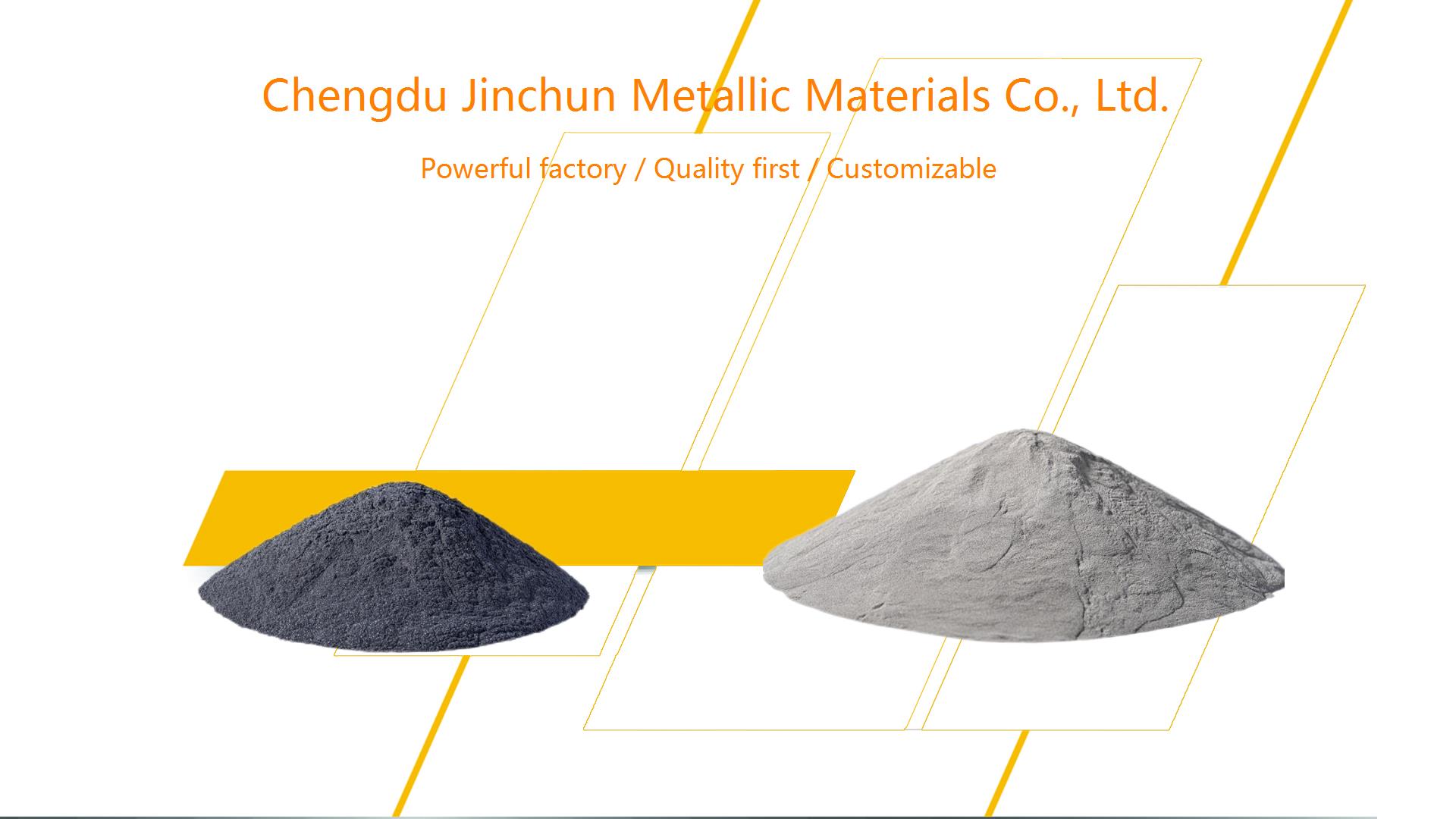
3. Key Features of Jinchun’s Spherical Powders
Jinchun’s spherical metal powders are designed with the highest standards to meet the demands of the additive manufacturing industry. The key features of these powders include:
– Uniform Particle Size Distribution
Jinchun’s spherical powders are produced with a tightly controlled particle size distribution, ensuring consistency across batches. Uniform particle sizes are crucial for achieving smooth flow during the printing process and ensuring uniform deposition of material, which leads to better quality prints.
- Particle Size Range: The particle size of Jinchun’s spherical powders is typically in the range of 15 to 53 microns, making it ideal for high-precision 3D printing applications, including aerospace, automotive, and medical device manufacturing.
– High Purity and Low Contamination
The purity of the powder is a critical factor that influences the mechanical properties of the printed part. Jinchun ensures that its spherical powders have a high purity level, typically above 99.9%, by using advanced purification techniques and high-quality raw materials. The low level of contamination ensures that printed parts are strong, reliable, and meet industry standards for performance.
– Excellent Flowability and Density
The spherical shape of Jinchun’s powders ensures excellent flowability, making it easier to handle and feed into 3D printing systems. This results in smoother printing processes with fewer interruptions. Additionally, the uniform particle shape leads to higher packing densities, which improves the material efficiency and mechanical properties of the printed parts.
– Tailored for Specific Applications
Jinchun’s spherical powders are available in a variety of compositions, including titanium, stainless steel, aluminum, and cobalt-chrome alloys, making them suitable for a wide range of industries. The company offers customization options to meet the specific requirements of clients, including the ability to modify particle sizes and alloy compositions for specific 3D printing needs.
4. Applications of Spherical Powders in 3D Printing
Spherical metal powders are used in a variety of Impressão 3D applications, particularly in industries that demand high performance, precision, and reliability. Some of the most common applications include:
- Aerospace: In the aerospace industry, parts such as turbine blades, structural components, and brackets are often printed using spherical metal powders. These parts must meet stringent standards for strength, weight, and durability, making high-quality spherical powders essential.
- Medical Devices: For medical implants, such as joint replacements or dental implants, the precision and biocompatibility of the materials are critical. Spherical powders provide the consistency and accuracy needed for creating complex, custom-designed parts for the medical field.
- Automotive: Automotive manufacturers use 3D printing to produce high-performance components, such as engine parts, transmission components, and exhaust systems. Spherical metal powders ensure that the parts are lightweight yet strong and can withstand the high temperatures and stresses encountered in automotive applications.
- Tooling and Prototyping: Spherical metal powders are also used in rapid prototyping and tooling applications, allowing manufacturers to quickly test and refine designs before full-scale production.
The versatility of spherical powders makes them an essential material for these industries, where performance and precision are paramount.
5. Advantages of Jinchun’s Spherical Powder for 3D Printing
Jinchun’s commitment to quality and innovation in spherical powder production offers several advantages for industries that rely on 3D printing:
- Improved Print Quality: The consistent shape and size of Jinchun’s spherical powders result in superior print quality, with smoother surface finishes and greater accuracy.
- Reduced Material Waste: The high packing density of spherical powders leads to more efficient use of material, reducing waste and improving cost-effectiveness in the printing process.
- Enhanced Performance: Parts printed with high-quality spherical powders have improved mechanical properties, including strength, durability, and heat resistance, which are critical in demanding applications such as aerospace and medical devices.
- Customization for Specific Needs: Jinchun offers flexible customization options, allowing clients to specify particle size, alloy composition, and other characteristics to meet the unique requirements of their 3D printing applications.
By focusing on quality and precision, Jinchun ensures that its spherical metal powders contribute to the success of its clients’ 3D printing projects, providing them with materials that are reliable, efficient, and tailored to their needs.
Jinchun’s spherical metal powders represent the cutting edge of material innovation for Impressão 3D. Through advanced manufacturing processes and rigorous quality control, Jinchun ensures that its spherical powders meet the highest standards required for the most demanding industries, delivering exceptional results in additive manufacturing.

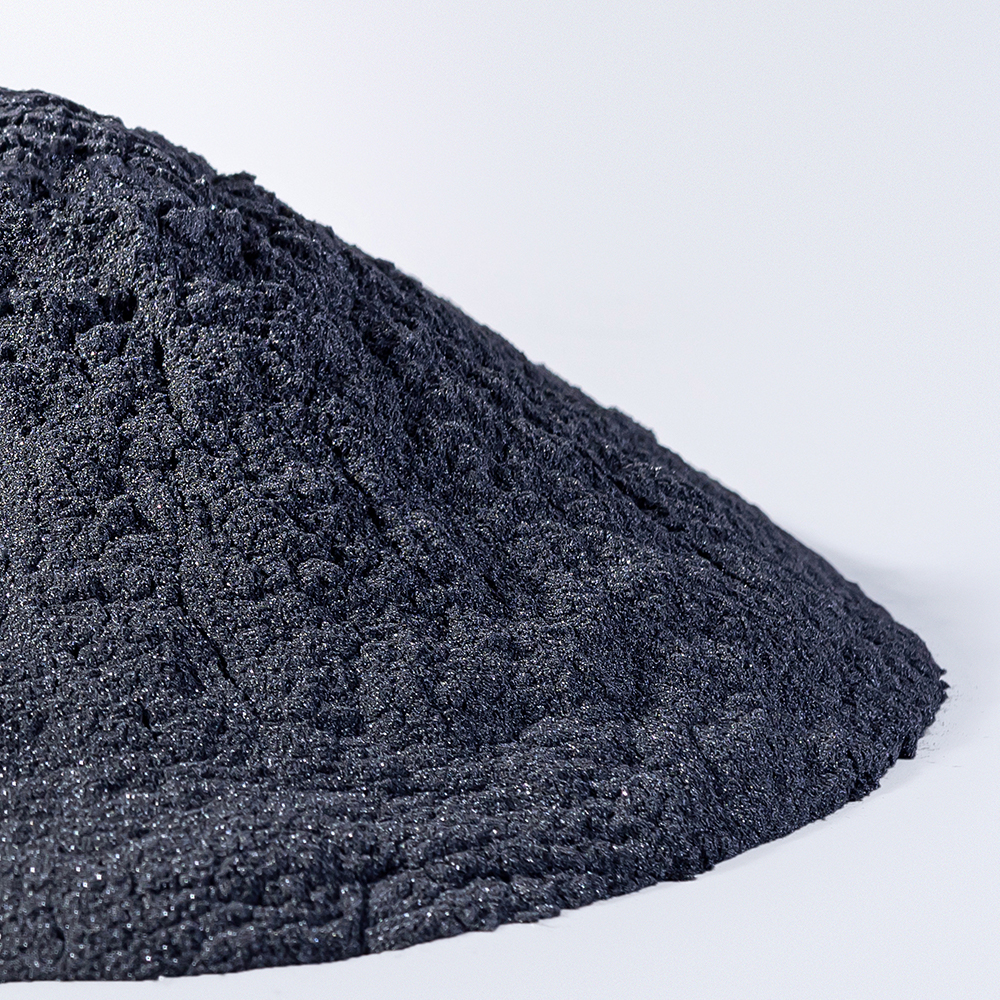
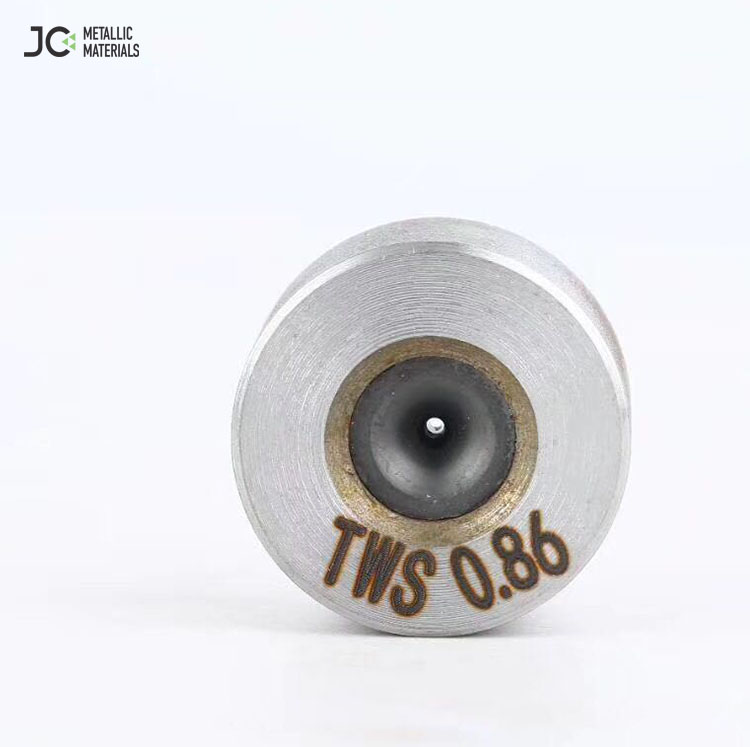
_6258副本-2.jpg)
